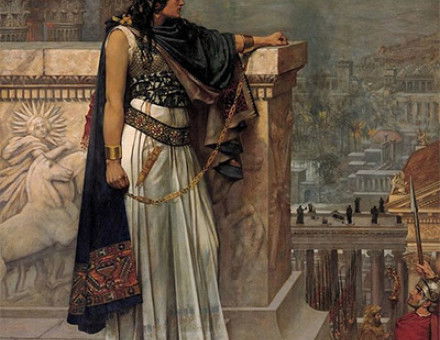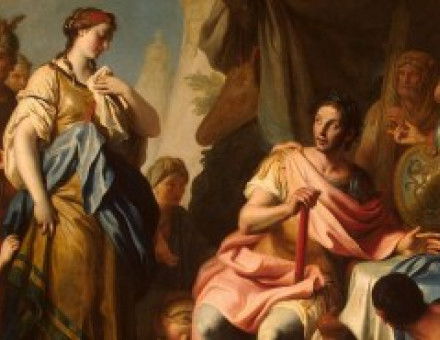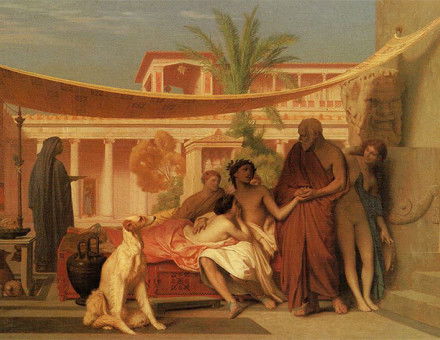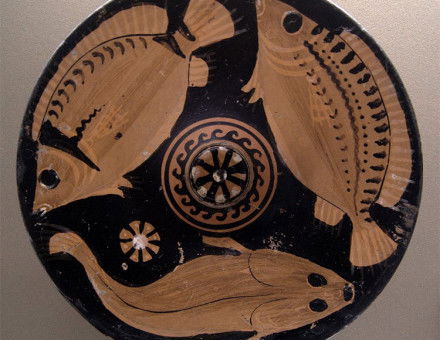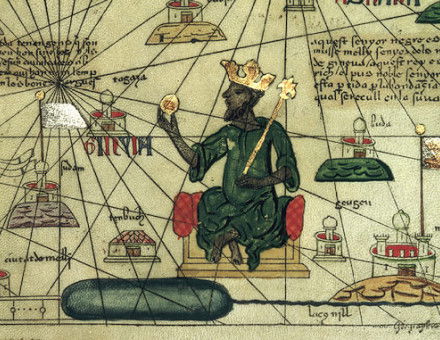The Syrian Cuckoo: Rome and the Unconquered Sun
Running after foreign gods - Richard Stoneman explains how Rome's Syrian rival, the city of Palmyra, and her formidable queen Zenobia influenced the religion and mores of the later Empire - and brought us in the process Christmas Day.


